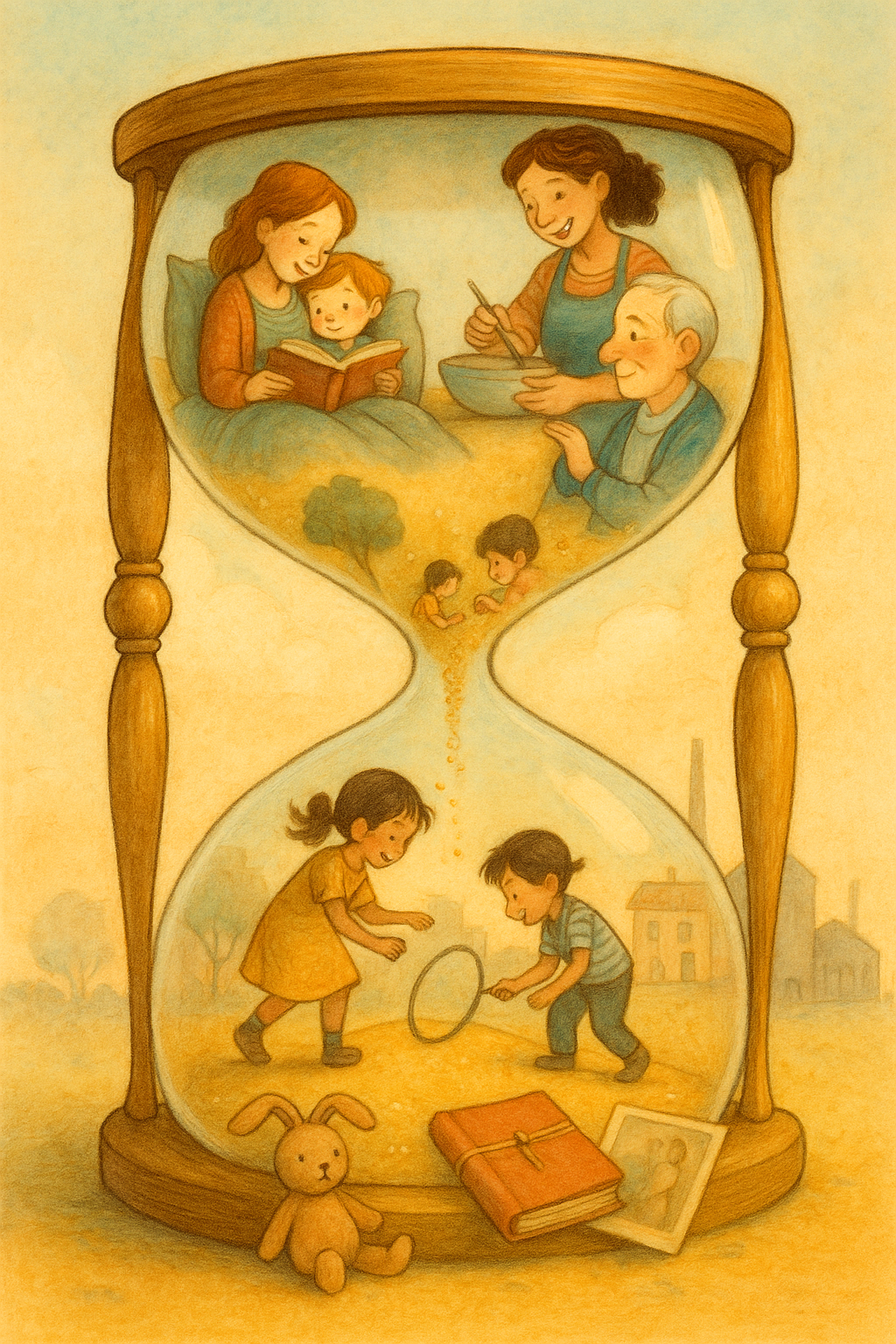Reflection on the economy: Sustainable economy is a bad goal. Translated with ChatGPT

Resume
Summary:
Bad faith criticism of the concept of sustainable economy in favor of the concept of care economy, which in my opinion is both less known and more promising.
Introduction
In general, on the left, the question is only about who manages the production and how it is divided.And even if I think these are indeed fundamental questions and I like the idea of moving from an economy controlled by a minority of owners to a democratically managed economy, I think there is an equally important question that we ask ourselves too rarely despite the ecological crisis: what do we produce and why?
That is to say, to change the very purpose of the economy.
I do not want a sustainable economy.
Of course, this is not a question completely ignored by the left and generally it is answered by saying: a sustainable economy. However, for me, a sustainable economy is nonsense.
Already, because it's impossible.
The second law of thermodynamics indicates that everything has an end in the universe. Personally, I am convinced that whatever we do, our societies, our species, and all our achievements will disappear into nothingness and that one day it will be impossible to know if humans existed. The only thing we can do is possibly delay the deadline temporarily, but we can't escape death.
Additionally, theHumans are social and cultural animals. They consume what their culture tells them they need to consume.Trying to convince them to give up such consumption by saying that it is not necessary or useless, is doomed to failure, in addition to being morally questionable and a way to make a domination virtuous.What is necessary is to change the culture. Transitioning from a culture that values possession and maximum production to a society that values giving and empathy skills. One could say that this is the case, but actually, in our society, the one who gives is mainly the nice fool.It's not well seen to give or to boast about having given, but on the other hand, it'sWell seen to flaish one's belongings (in the lower and middle classes, the car in the upper classes, it can be the opposite).
The second is: is immortality, or rather longevity, really the goal we should pursue?At an individual level, I respond no. Even if I take care of my health, I believe that the most important thing is not to lengthen one's life by a few decades, but to have a pleasant life. For me, taking risks if it makes us enjoy life or if we believe that the game is worth the candle, that should be encouraged.
I prefer a living (and therefore mortal) society to a stagnant one that does not take risks, that gives up on being happy. I do not want to sacrifice the present for a hypothetical future. Or at least, I do not want to sacrifice everything or that the only goal is the future. Either it's the present, or it's a balance between the two. This is valid on both an individual and collective level.
The real alternative to productivism: the care economy.
You would have understood it by reading my previous objections, for me, the goal of the economy should not be to be sustainable, but to take care of each other. It is about developing altruism. It is about offering each other comfort, recognition, and moments together. And then, we will see what effect this will have on the birds and how long we can maintain this society.This company will come to an end, it will not be sustainable. For me, one should not give up this happiness for an illusory eternity, but ensure that people accept the finiteness of things.
Afterwards, this economy not fundamentally relying on the production of goods in greater quantities, and thus on extraction in larger numbers - and even on the contrary, naturally combating it - , I think it will be much more sustainable than the former.But in any case, we must ask ourselves what we want, and only then ask about the effect on birds and how to make it as sustainable as possible.
Disadvantage to this goal.
The problem is that itThis company will not be militarily powerful.The objects that we develop in our economiesproductivist and consumeristare often dual-use (both civilian and military like drones), or easily convertible to produce weapons (car factories, pharmaceutical or aircraft factories that can produce weapons).
In the economy of care, the number of jobs producing durable or easily convertible objects into jobs useful for defense is likely to be more limited. Also, fewer people are likely to be forced to become soldiers, which will create a recruitment problem.The ideology of armed non-violence that I presented in my article about the war in Ukraine could solve the problem, but as specified at the time, even if I think we should draw more inspiration from the proposals of this ideology, I don't believe it's a realistic solution.The problem with the care economy is that for me, it is unable to resist an imperialist or fascist state that would be at its doorstep, or small groups that would want to seize power by force. Afterwards, I think this is not an insurmountable problem. It's just that the path to such a change is narrow, difficult, and it is illusionary to think that we can make this change alone in our corner or achieve a perfect system. We will either have to move forward with the rest of the world, even if it is slower, or make painful compromises with our ideal. This is the lot of every person who has attempted to move from the wonderful world of ideas to practice (with more or less success).